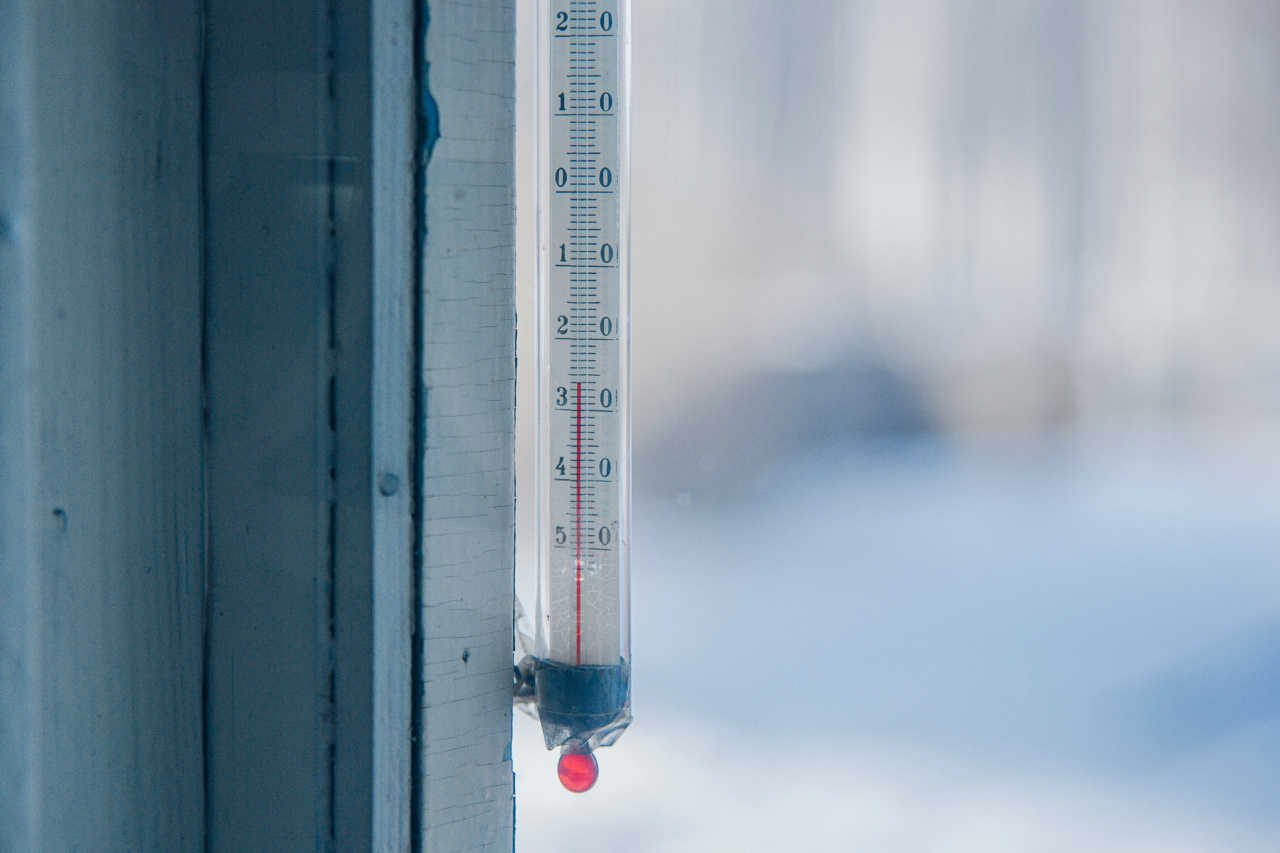The human body relies on a delicate balance of hormones to regulate various physiological processes. Hormones act as messengers, controlling everything from metabolism and growth to mood and reproduction.
Any disruption in hormonal balance can have significant effects on overall health and well-being. While hormonal imbalances can be caused by various factors, such as genetics, age, and certain medical conditions, there is growing evidence to suggest that changes in temperature levels may also play a role.
Effects of Temperature on Hormonal Balance
Temperature, both external and internal, can have a profound impact on hormone regulation within the body.
It is well-known that the hypothalamus, a small gland in the brain, is responsible for controlling body temperature through a process known as thermoregulation. However, recent research has shown that the hypothalamus is also intricately involved in hormone production and secretion.
1. The Impact of Cold Temperatures
Cold temperatures can stimulate the release of certain hormones, such as adrenaline and cortisol. These hormones help the body cope with the stress of cold exposure by increasing energy expenditure and heat production.
However, prolonged exposure to cold temperatures can disrupt the delicate balance of hormones, leading to various health issues. For example, studies have shown that cold temperatures can suppress the production of thyroid hormones, which are vital for regulating metabolism.
2. The Influence of Heat
On the other end of the spectrum, heat can also affect hormonal balance. When the body is exposed to high temperatures, it initiates a cooling process by sweating. This sweating can lead to electrolyte imbalances, affecting hormone levels.
Additionally, heat stress can trigger the release of stress hormones like cortisol, which can have widespread effects on the body.
3. Effects on Reproductive Hormones
Changes in temperature can particularly impact reproductive hormones, as they play a critical role in fertility and reproduction.
Both cold and heat exposure have been shown to affect the production of reproductive hormones, such as estrogen and testosterone. For instance, some studies suggest that prolonged exposure to cold temperatures can decrease sperm production in males, while excessive heat can impair ovulation and menstrual regularity in females.
4. Disruption of Sleep-Wake Cycle
Temperature fluctuations can also disrupt the natural sleep-wake cycle, known as the circadian rhythm. The circadian rhythm is regulated by several hormones, including melatonin.
Research has shown that exposure to both excessively hot and cold temperatures can suppress melatonin production, leading to sleep disturbances and subsequent hormonal imbalances.
5. Impact on Mood and Mental Health
Hormones also play a crucial role in mood regulation and overall mental well-being. Fluctuations in temperature can influence the levels of neurotransmitters, such as serotonin and dopamine, which are responsible for mood stability.
Studies have indicated that extreme temperatures, whether hot or cold, can negatively impact mental health by altering hormone levels and disturbing neurotransmitter balance.
6. Hormonal Imbalances and Weight Management
Hormonal imbalances can have a significant impact on weight management and overall body composition. Many hormones, including insulin, leptin, and ghrelin, regulate appetite, metabolism, and fat storage.
Temperature changes that disrupt the delicate balance of these hormones can contribute to weight gain or difficulties in losing weight.
7. Vulnerability to Infections and Diseases
Changes in hormonal balance due to temperature fluctuations can also affect the immune system, making individuals more susceptible to infections and diseases.
Hormones, such as cortisol and the sex hormones, play a crucial role in maintaining the proper functioning of the immune system. Disrupted hormonal balance can weaken immune responses, leaving individuals more vulnerable to infections.
8. Menopausal Symptoms and Hot Flushes
A natural hormonal transition that occurs in women, menopause, can also be influenced by temperature changes. Many women experience hot flushes, a sudden feeling of heat and sweating, during menopause.
While the exact cause is not fully understood, it is believed that hormonal imbalances, including fluctuations in estrogen levels, triggered by temperature changes, contribute to these symptoms.
9. Strategies to Maintain Hormonal Balance
Although temperature changes can disrupt hormonal balance, there are ways to mitigate their effects. Here are a few strategies to help maintain hormonal equilibrium:.
i. Dress Appropriately for the Weather
Wearing suitable clothing to match the external temperature can help minimize the stress placed on the body and reduce hormonal fluctuations.
ii. Keep Indoor Temperatures Comfortable
Maintaining an optimal indoor temperature can provide relief to the body and minimize the impact on hormonal balance. Utilizing fans, air conditioners, or heating systems can help regulate indoor temperatures to comfortable levels.
iii. Practice Stress Management
Chronic stress can significantly disrupt hormonal balance. Engaging in stress-reducing activities, such as meditation, exercise, and spending time in nature, can help regulate hormone levels.
iv. Prioritize Sleep
Adequate sleep is crucial for maintaining hormonal equilibrium. Establishing a regular sleep schedule, creating a conducive sleep environment, and practicing good sleep hygiene can help support healthy hormone production.
v. Maintain a Balanced Diet
Eating a balanced diet that includes nutrient-dense foods can support hormone production and regulation. Prioritizing whole grains, lean proteins, fruits, and vegetables can provide the necessary nutrients for optimal hormonal balance.
vi. Seek Medical Advice
If experiencing persistent symptoms of hormonal imbalance, it is essential to consult a healthcare professional who can provide appropriate diagnosis and treatment options.
They may recommend hormone replacement therapy or other interventions based on individual needs.
Conclusion
Hormonal balance is a delicate process that can be influenced by various factors, including changes in temperature levels. Both hot and cold temperatures can disrupt hormone production, secretion, and regulation, leading to a range of health issues.
Understanding the effects of temperature fluctuations on hormonal balance can help individuals take necessary precautions and implement strategies to maintain optimal hormone levels.





























